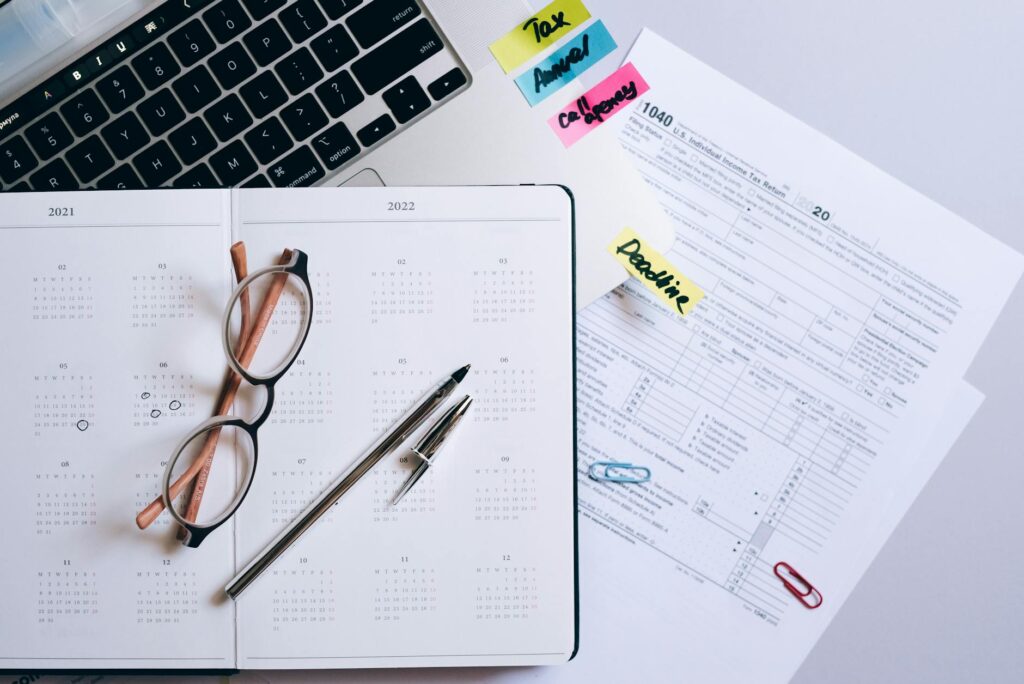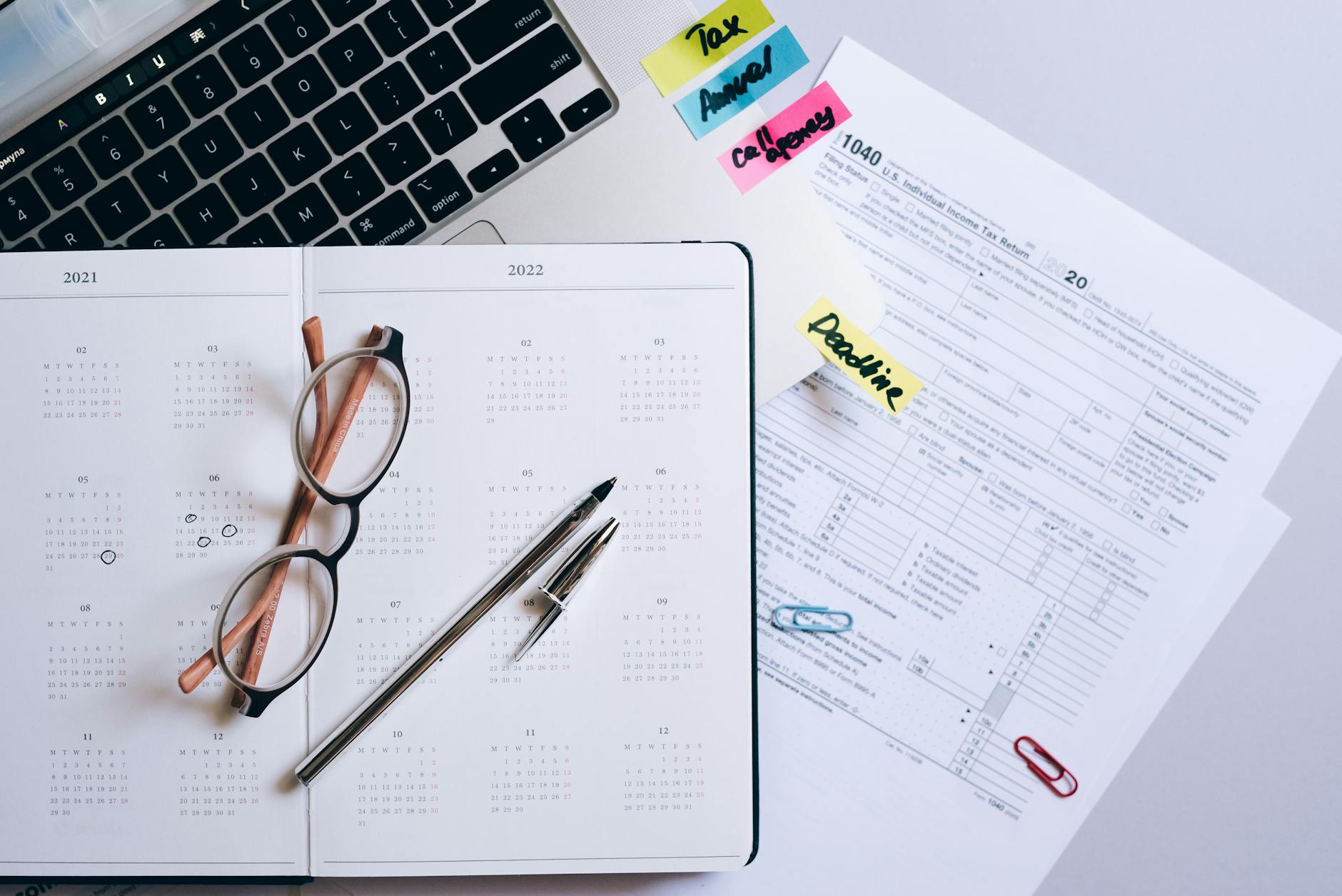What is effective time audit strategies?

What is effective time audit strategies?
Time auditing is an essential practice for anyone looking to enhance productivity and achieve a balanced life. By systematically analyzing how you spend your time, you can pinpoint areas for improvement and streamline your daily activities. This method not only leads to better time management but also fosters greater self-awareness about your habits and priorities.
Understanding Time Auditing
Time auditing involves tracking how you use your time over a specific period. It’s a valuable tool in both personal and professional contexts, helping you identify how effectively you allocate your hours and where adjustments can be made.
What is a Time Audit?
A time audit is a structured approach to examining your daily activities. It involves recording the tasks you engage in and how long each task takes. This practice reveals patterns in your behavior and highlights where you may be wasting time or overcommitting yourself. By conducting regular time audits, you can gain insights that transform your daily routine.
Benefits of Conducting a Time Audit
Performing a time audit offers several advantages:
-
Increased Productivity: By understanding how you spend your time, you can eliminate distractions and focus on tasks that truly matter. This targeted approach helps boost overall productivity.
-
Better Time Management: Time audits allow you to identify where you can improve your time allocation. You can prioritize high-impact tasks and delegate or eliminate low-value activities.
-
Enhanced Self-Awareness: Tracking your time encourages reflection on your habits. This increased awareness can lead to healthier routines and a more balanced lifestyle.
For a deeper understanding of the benefits of time audits, refer to this insightful article from Kickidler.
Effective Time Audit Strategies
To maximize the benefits of time auditing, consider implementing the following strategies:
The 80/20 Rule (Pareto Principle)
The 80/20 Rule, or Pareto Principle, suggests that 80% of your results come from 20% of your efforts. By identifying the tasks that yield the most significant outcomes, you can focus your energy on what truly matters. This approach helps streamline your efforts and leads to more effective outcomes.
Daily Time Tracking Techniques
Tracking your time effectively is crucial for successful audits. You can use various methods, such as:
-
Apps: Utilize time-tracking apps like Toggl or Clockify. These tools allow you to log your activities and analyze your time distribution effortlessly.
-
Spreadsheets: For those who prefer a more manual approach, setting up a simple spreadsheet can help you record your tasks and time spent.
-
Physical Journals: Some people find it helpful to jot down their activities in a planner throughout the day. The key is to find a method that works best for you.

Photo by Leeloo The First
Setting Time Boundaries
Establishing clear boundaries is vital for effective time management. By defining specific periods for work, breaks, and personal time, you can prevent task overload and reduce distractions. Communicate these boundaries to others, so they respect your focused work periods.
Reflecting and Adjusting
After conducting a time audit, take time to reflect on your findings. Analyze what activities consumed the most time and whether they aligned with your goals. Adjust your schedule accordingly—this may mean reallocating time to more impactful tasks or cutting out unproductive activities. Regular reflection ensures that you remain adaptable and continually improve your efficiency.
Common Challenges in Time Audits
While time audits can be incredibly beneficial, they come with their own set of challenges. Here are some common obstacles and ways to overcome them:
Procrastination and Distractions
Procrastination can derail your time auditing efforts. Combat this by setting specific goals for your audit. Creating a timeline for the audit and breaking it down into smaller, manageable tasks can help keep you on track. Additionally, minimize distractions by creating a dedicated workspace.
Inconsistent Tracking
Maintaining consistency in tracking your time is crucial for accurate results. To achieve this, set reminders on your phone or calendar to prompt you to log your activities regularly. You might also find it helpful to track your time at the same intervals each day, making it a part of your routine.
Conclusion
Effective time audit strategies hold the key to unlocking your full potential in both personal and professional realms. By engaging in this reflective practice, you can identify areas for improvement, enhance productivity, and achieve a better work-life balance. Remember, the goal of a time audit is not perfection but rather a commitment to continuous improvement. Start implementing these strategies today, and watch as your efficiency soars! For more detailed insights on conducting time audits, check out Hubstaff’s guide.